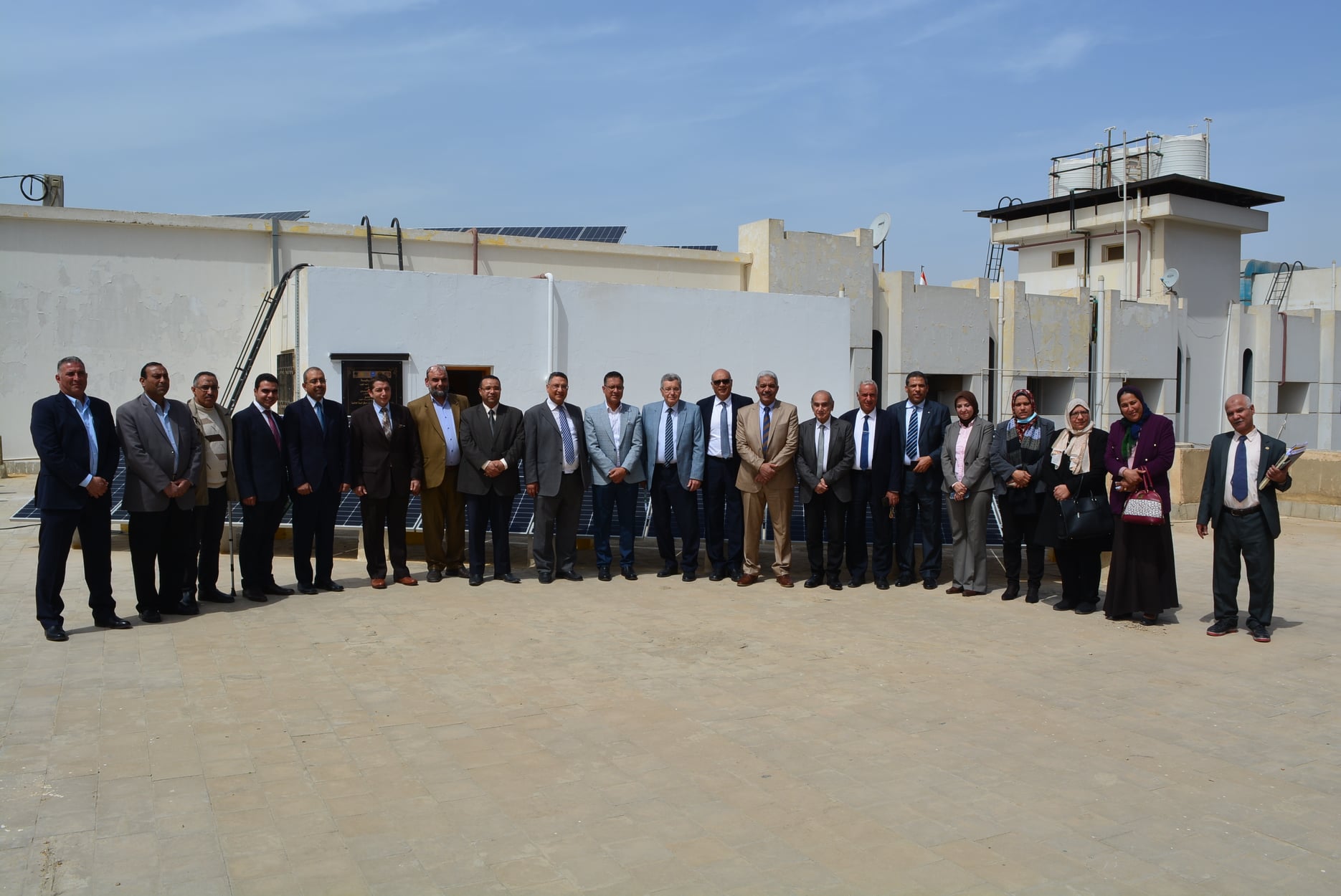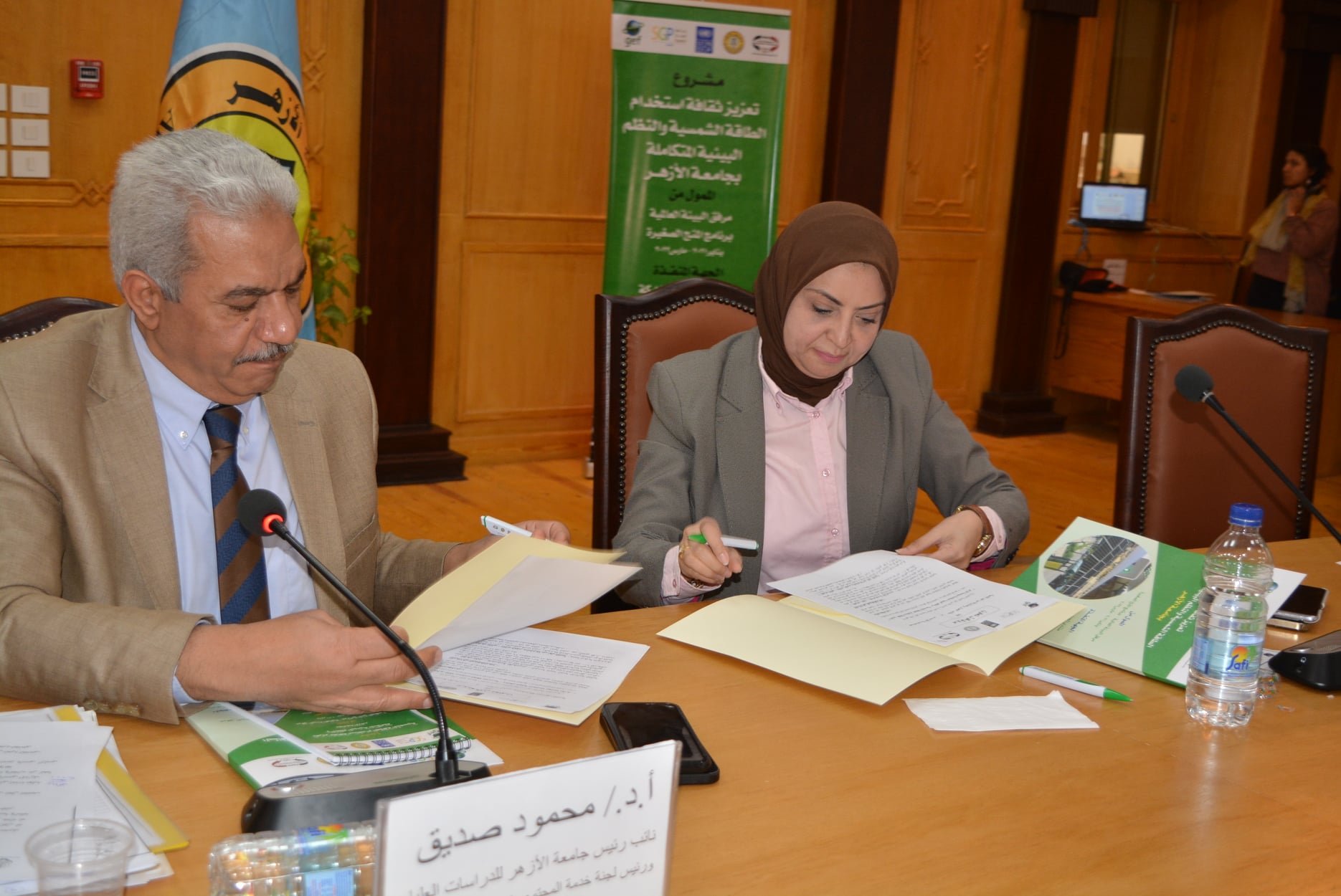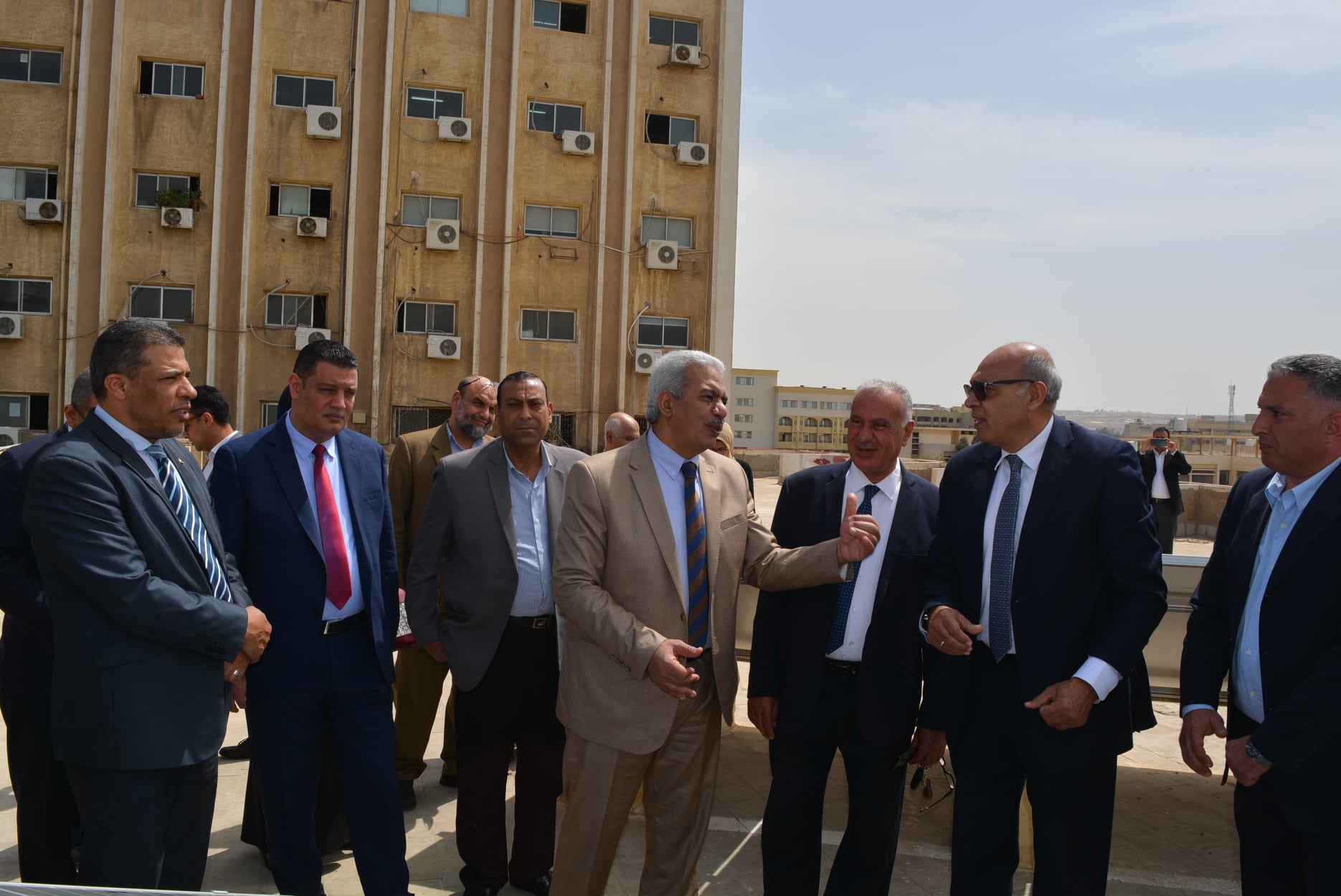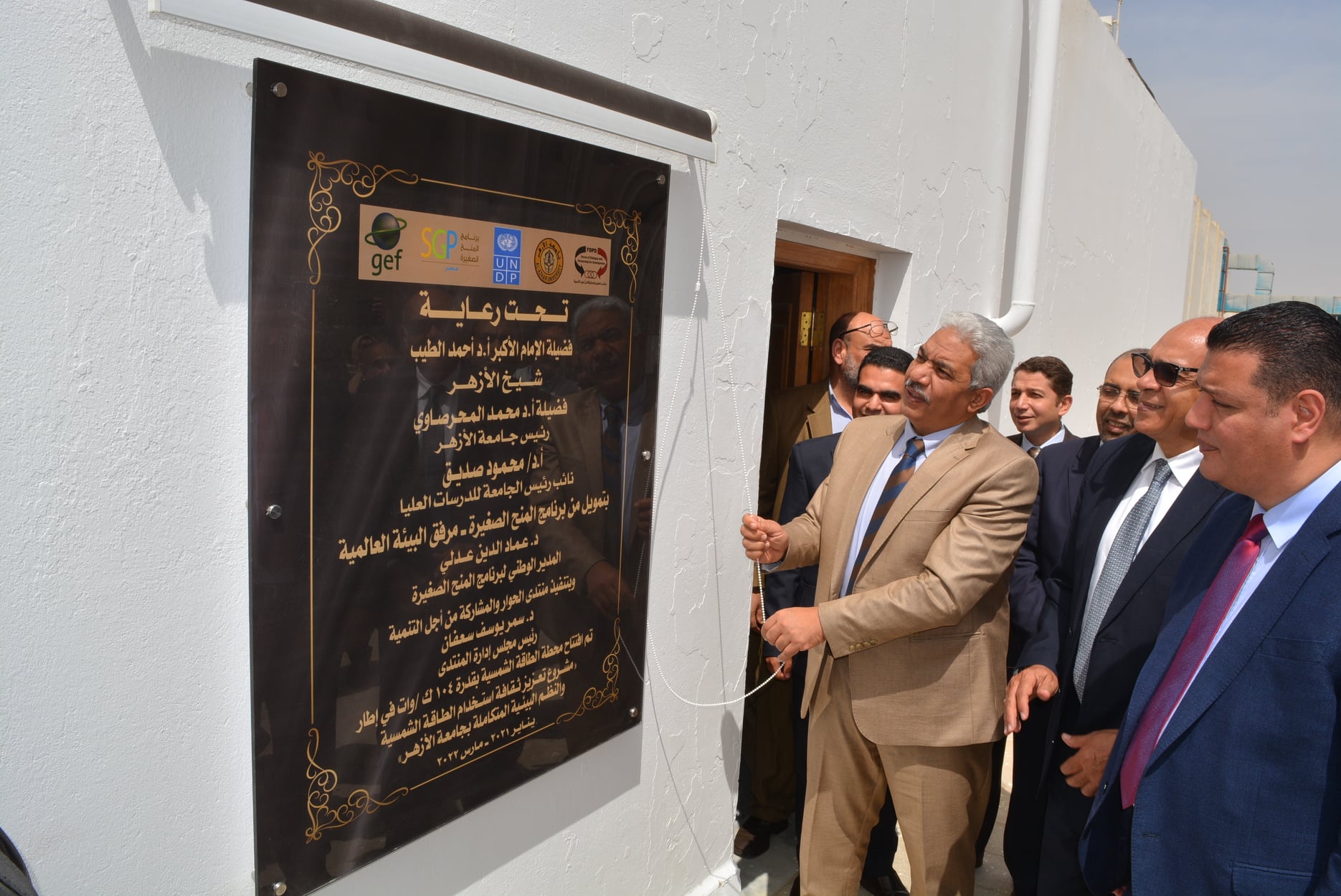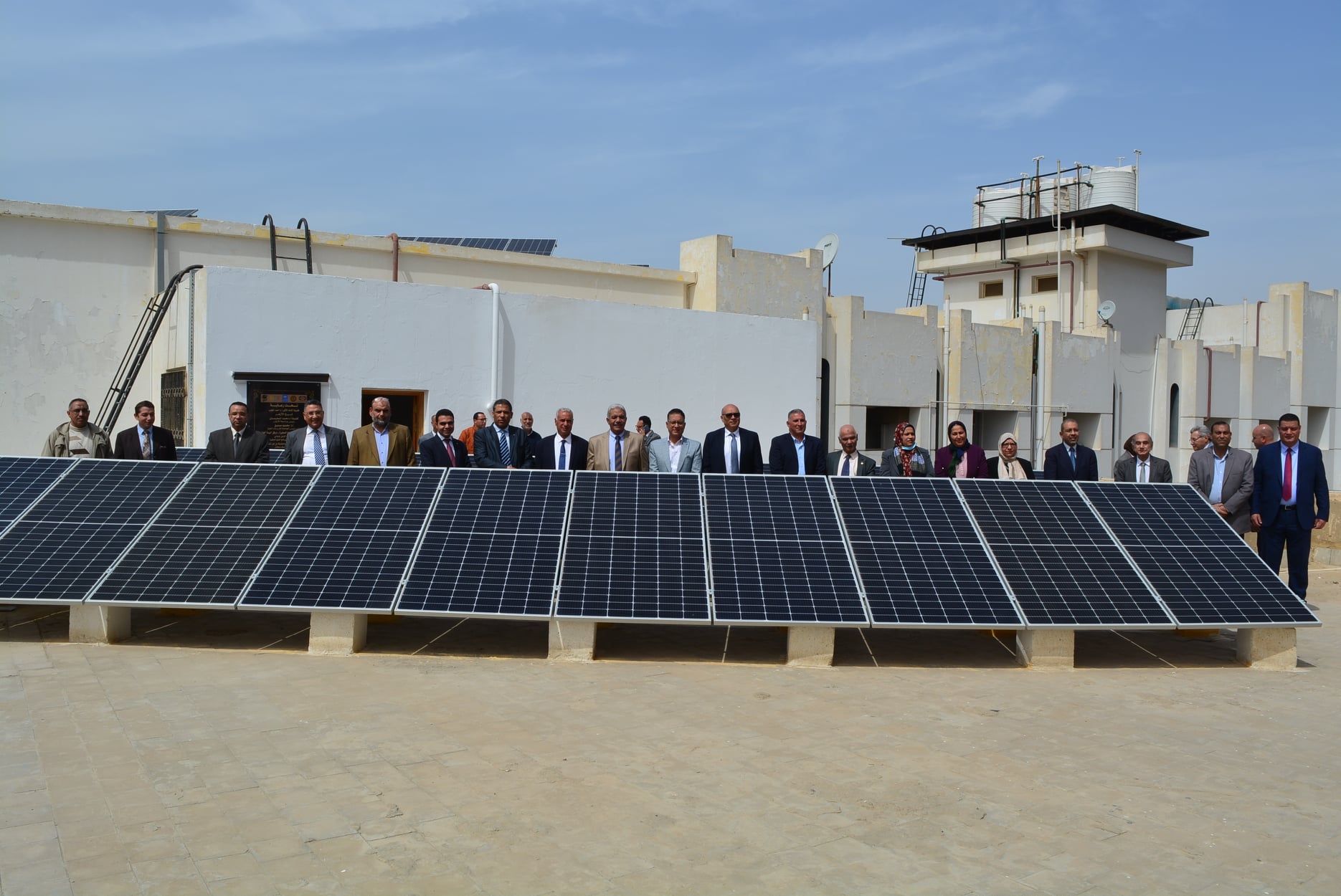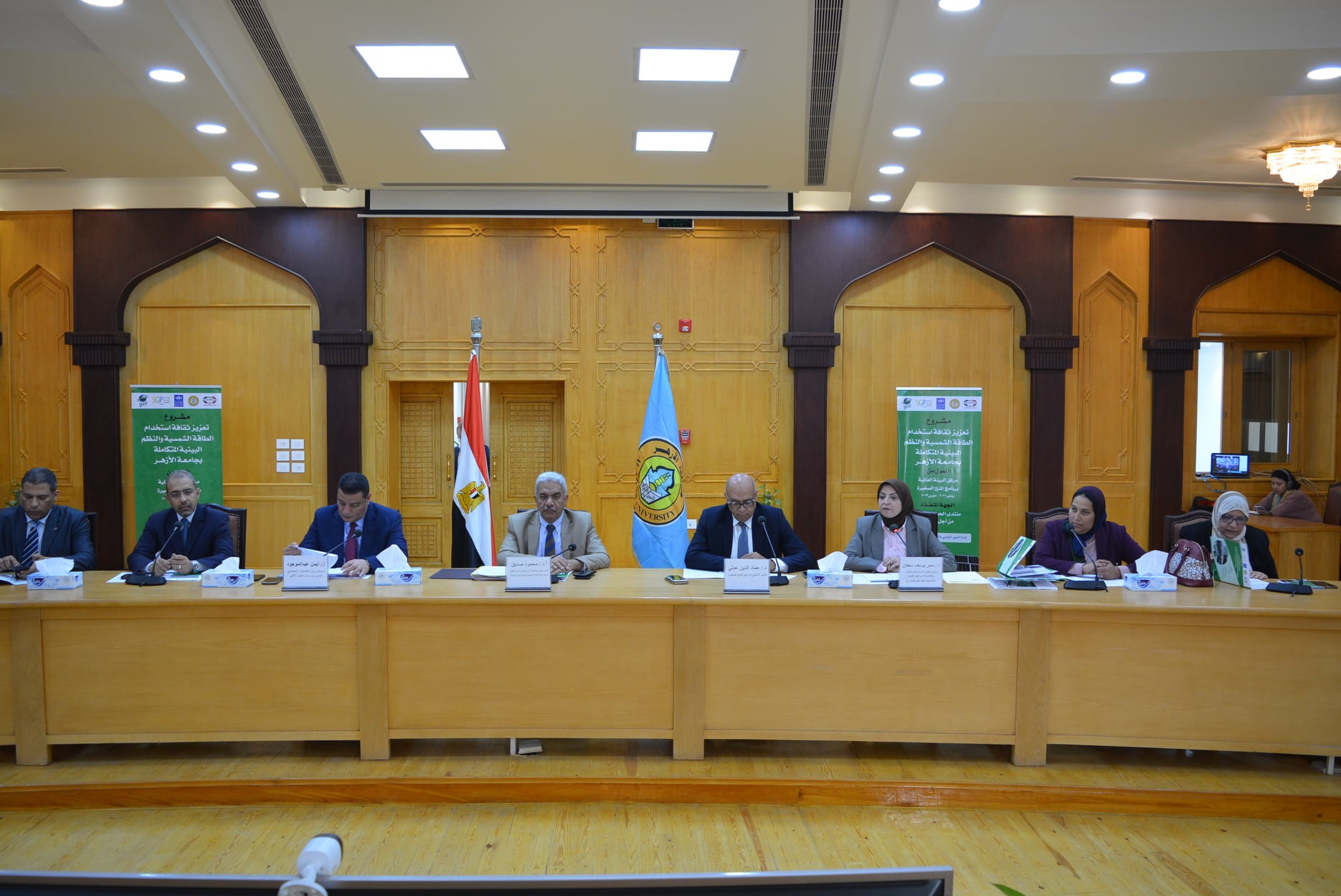A project to enhance the culture of using solar energy and integrated ecosystems at Al-Azhar University
The most appropriate conclusion to the best project
In conclusion of the activities of (the project to promote the culture of using solar energy and integrated ecosystems at Al-Azhar University), implemented by the Forum for Dialogue and Partnership for Development, and funded by the United Nations Development Programme, the Global Environment Facility, and the Small Grants Program – Egypt.
The Grand Imam Hall in the Presidency of Al-Azhar University in Nasr City hosted the activities of the project’s final conference, which was held under the patronage of His Excellency the Grand Imam, Professor Dr. Ahmed Al-Tayeb, “Sheikh of Al-Azhar,” and Mrs. Dr. Nevin Al-Qabbaj, “Her Excellency the Minister of Social Solidarity.”
In the presence of Professor Dr. Mahmoud Siddiq, “Vice President of Al-Azhar University for Postgraduate Studies and Chairman of the University’s Community Service and Environmental Development Committee.”
Dr. Imad El-Din Adly, “National Director of the Small Grants Programme”
And Professor Ayman Abdel-Mawjoud, Assistant Minister of Solidarity
Social Affairs for Civil Work Institutions Affairs”
And Mrs. Dr. Samar Youssef Saafan, “Chairman of the Board of Directors of the Forum for Dialogue and Participation for Development.”
A group of university professors, public figures, and representatives of governmental and private organizations concerned with environmental issues participated in the conference, and a documentary film and review of the project’s activities over a year and a half within Al-Azhar University were presented.
On the sidelines of the conference activities, the two solar energy stations established on top of the university’s main and administrative building with a total capacity of 104.4 kilowatts were officially opened, and a cooperation protocol was also signed between Al-Azhar University and the Forum for Dialogue and Participation for Development to implement a strategic plan that ensures the sustainability of the results achieved from the project.
The project activities included:
– Establishing two solar power plants with a total capacity of 104.4 kilowatts
– Creating islands and planting dense shade trees on the university campus
– Replacing regular neon bulbs with energy-saving LED bulbs inside the administrative offices of the main building and organizing working hours and lighting the building’s roads with timer panels.
– Supply and installation of waste disposal units inside the university campus and also inside the main and administrative building
– Developing and raising the efficiency of ordering seating, lighting them with solar energy, and providing a USB unit to charge mobile phones using clean energy
– Implementing 16 workshops for university employees, security personnel, cleaning workers, and male and female students to raise awareness of the integrated ecosystem model within the university.
– Supplying water-control units and installing them in the bathrooms of the main and administrative building

